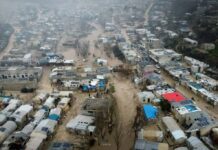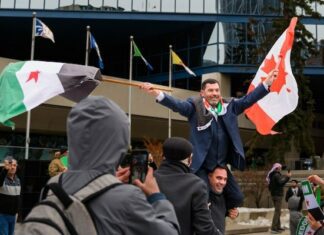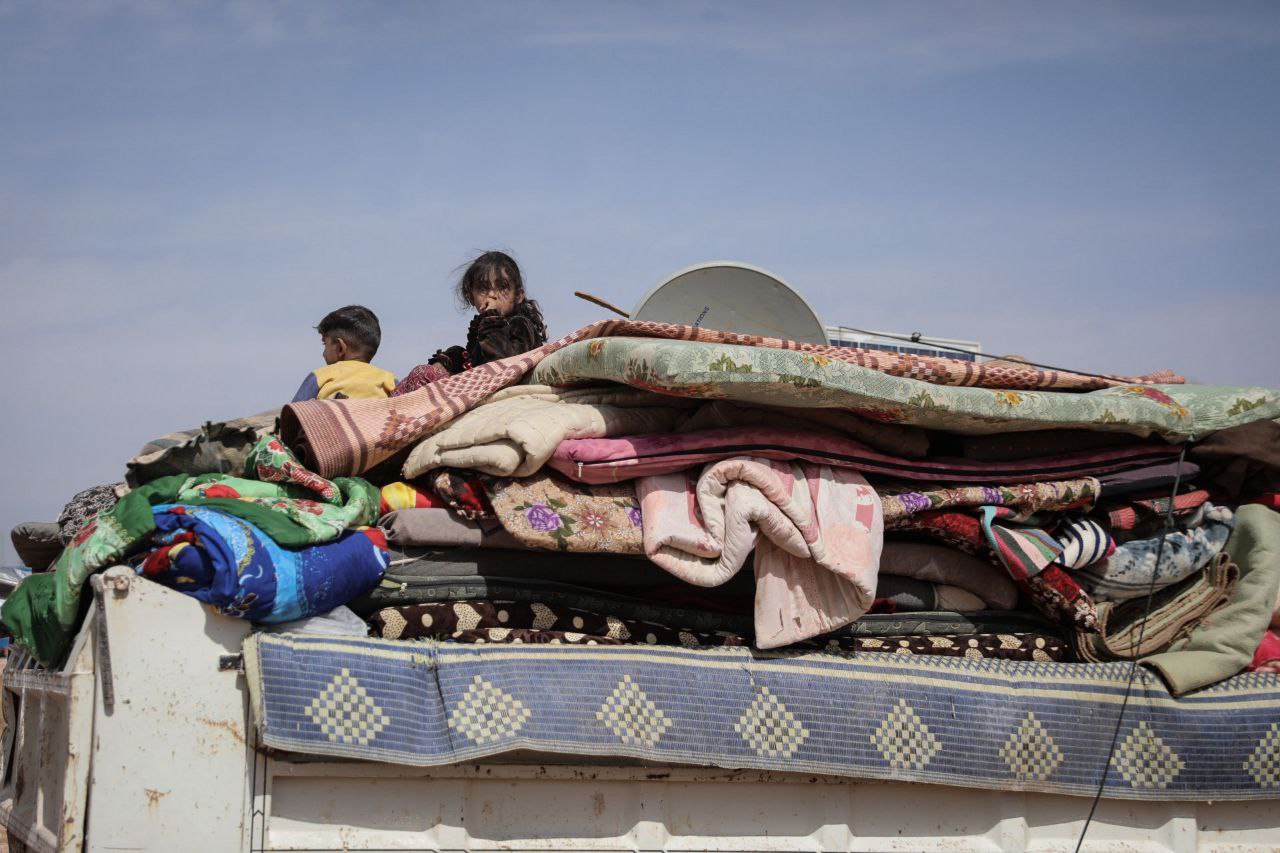
In the midst of an ongoing humanitarian crisis which has killed and injured over 315 people, and newly displaced over 45,000 Syrians, many of whom have been previously displaced, Levant 24 was able to speak with Mr. Firas Kardouch, Director of the Public Relations Office at the Ministry of Development and Humanitarian Affairs, about the current crisis and how the Ministry has been addressing the needs of the people and facing this challenge, despite being under bombardment themselves.
L24: Can you provide an overview of the current humanitarian situation in Idlib, especially in light of the recent escalation of attacks by the Assad regime?
“Assad and his allies began a systematic bombing campaign four days ago and targeted villages, towns, and cities. Its bombing focused on places where civilians gather, such as markets, hospitals, main streets, and IDP camps, which led to a large exodus to the border areas for fear of facing further attacks and harm.”
L24: Can you share details about the immediate humanitarian needs in Idlib due to these increased attacks?
“After the brutal bombing by the forces of the criminal regime, which led to a large displacement and movement of people to the border areas, there was an excess of people in areas without shelters. Currently, the region needs emergency shelter centers (ESC) to receive displaced people and those fleeing the criminal regime’s bombing. There’s also a need for food, drink and NFI (non-food items) baskets.”
L24: What measures is the Ministry of Development and Human Affairs taking to address the urgent humanitarian needs, such as providing food, shelter, and medical assistance to affected civilians?
“The Ministry of Development and Humanitarian Affairs mobilized all its workers to meet the needs of the families displaced by the bombing and worked to build ESCs in all the border areas, which numbered 20 centers, with an estimated capacity of 2,000 families. It also transferred many families to residential blocks in an existing IDP camp in Kafr Karmin.”
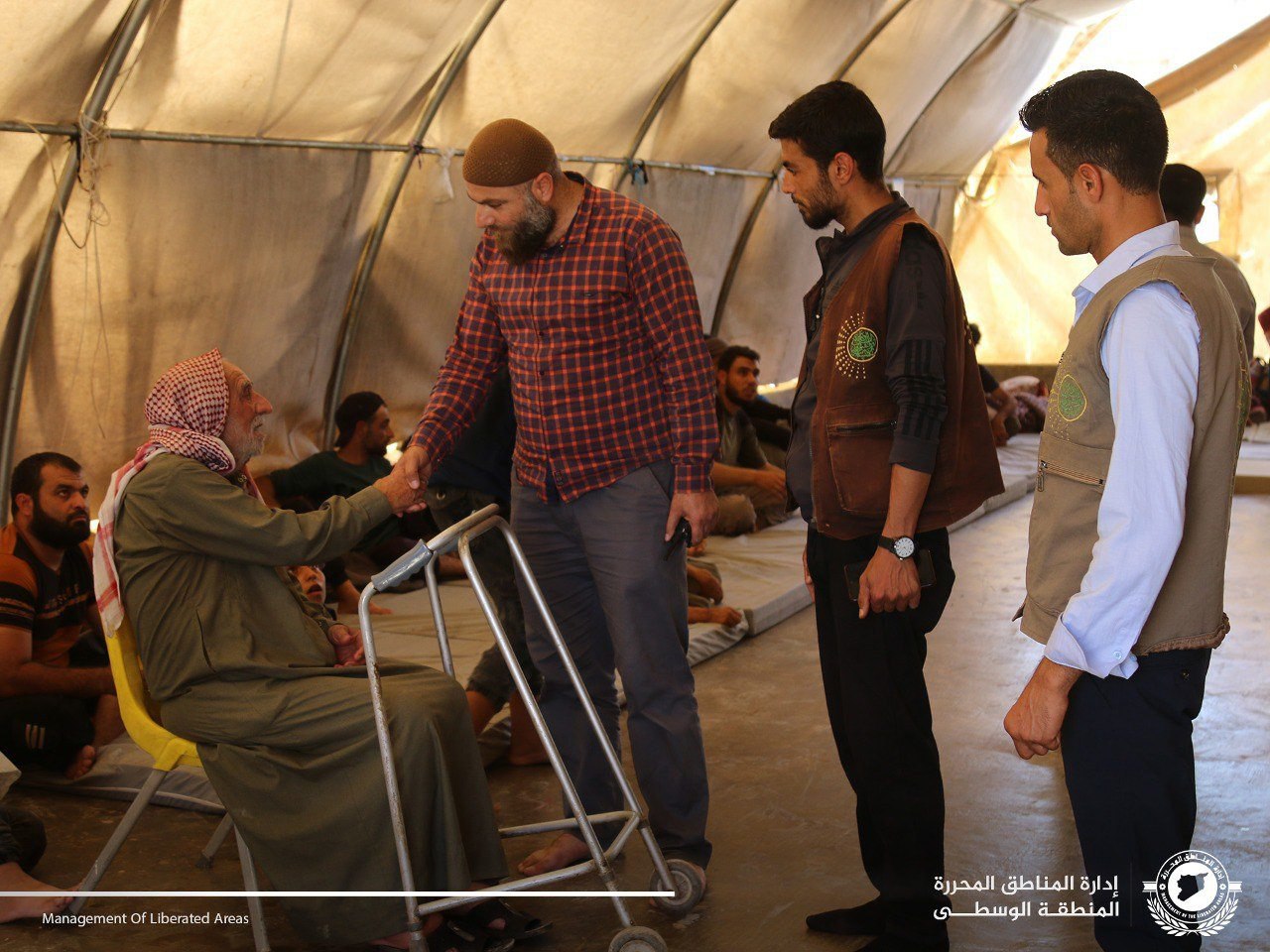
“The Response Committee in the Ministry of Development also evacuated families from IDP camps and care homes (that were being attacked) to safe places and provided them with some basic materials, including food, drink, relief baskets, solar panels, and batteries.”
L24: How has the recent violence impacted the delivery of humanitarian aid to the people of Idlib, and what challenges are you facing in providing aid under these circumstances?
“Assad’s bombing also focused on the main roads, which led to the blocking of many roads. They attacked many of the offices of humanitarian associations and teams, which had a negative impact on the capability of humanitarian aid to reach those who need it.”
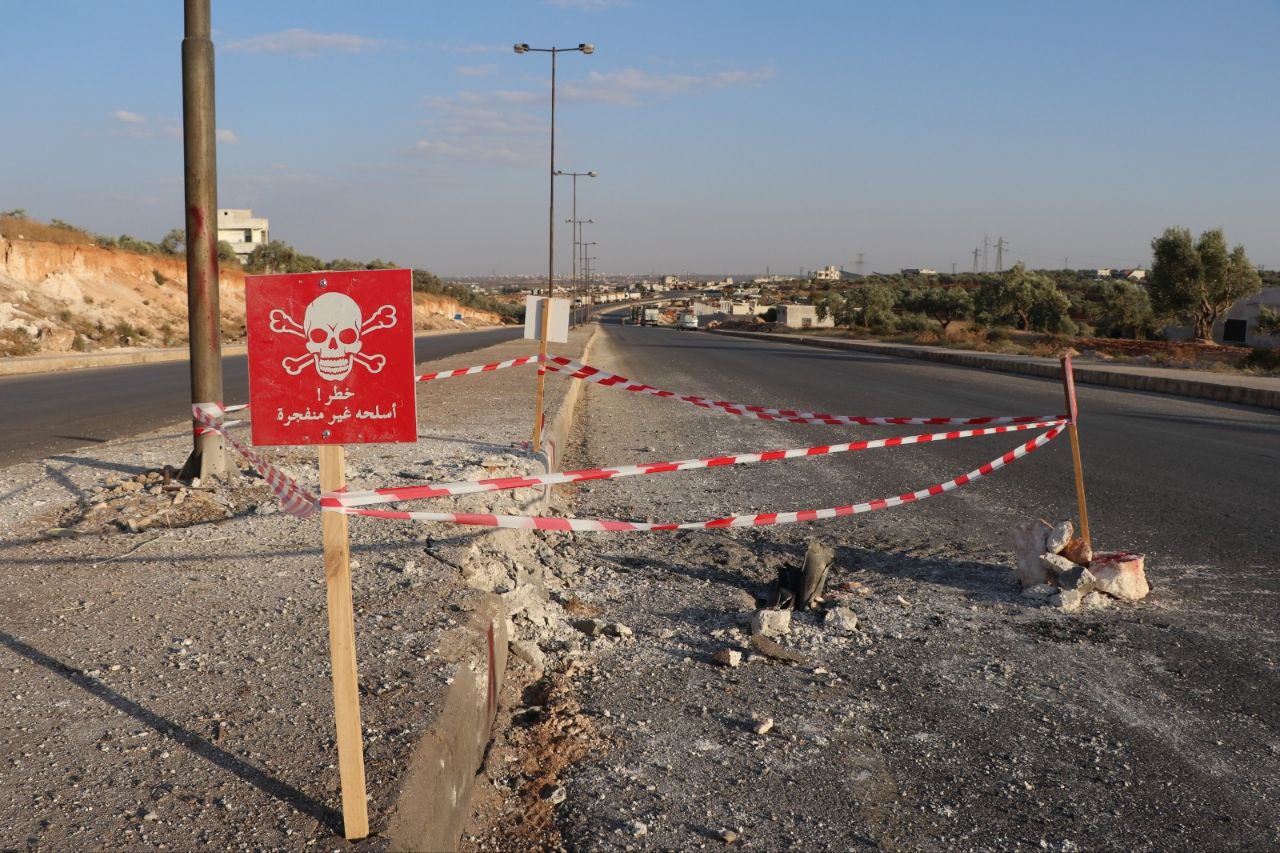
L24: The earthquake at the beginning of the year came as a surprise and presented great challenges. Have you benefited from that experience, in terms of rapid response and crisis management?
“The devastating earthquake disaster placed the Ministry of Development and Humanitarian Affairs at the forefront of a great responsibility and challenge due to the large scale of the disaster, which led to a significant increase in the efficiency of the Ministry’s workers to respond to crises. When the barbaric bombing campaign began on the people by Assad’s criminal gangs, the Ministry’s ability to adapt and deal with the crisis was benefited by those earlier trials.”
“We immediately focused on rescue and evacuation of affected areas in order to safeguard the people.
Then the Ministry worked quickly to build 20 ESCs with a capacity to accommodate 2,000 families. Only 920 families were received, we’re able to accommodate 1,080 more families.”
L24: Are there any efforts being made to engage with international organizations or neighboring countries to seek support and assistance for the humanitarian situation in Idlib?
“We’ve facilitated the work of various volunteer teams and humanitarian organizations and provided them with protection and assistance for their work within the areas controlled by the Syrian Salvation Government. This is so that they could deliver humanitarian aid and services to the people who were displaced as a result of the bombing campaign.”
L24: How can the international community assist in alleviating the suffering of civilians in Idlib and support your efforts to provide essential services and humanitarian aid?
“The international community must live up to its responsibilities to stop the bombing campaign that the region is being exposed to – illegal attacks focusing on civilian areas, IDP camps, and vital civilian infrastructure. The Russian-Assad-Iranian alliance has left no boundary uncrossed, even targeting multiple hospitals, attacking them, and putting many of Idlib’s hospitals out of service.”
L24: If this current situation is prolonged, how might the unfolding humanitarian crisis impact surrounding countries and the international community?
“We all know that a percentage of those living in the liberated areas are people displaced from their homes in government controlled areas, who refused to live under the shadow of a criminal institution that killed hundreds of thousands of Syrians twelve years ago. It’s impossible for them to return to the embrace and confines of the terrorist state. If this bombing continues for a prolonged period and its scope expands, it will certainly lead to a large scale displacement and migration movement to Turkey, the neighboring regions, and Europe.”



